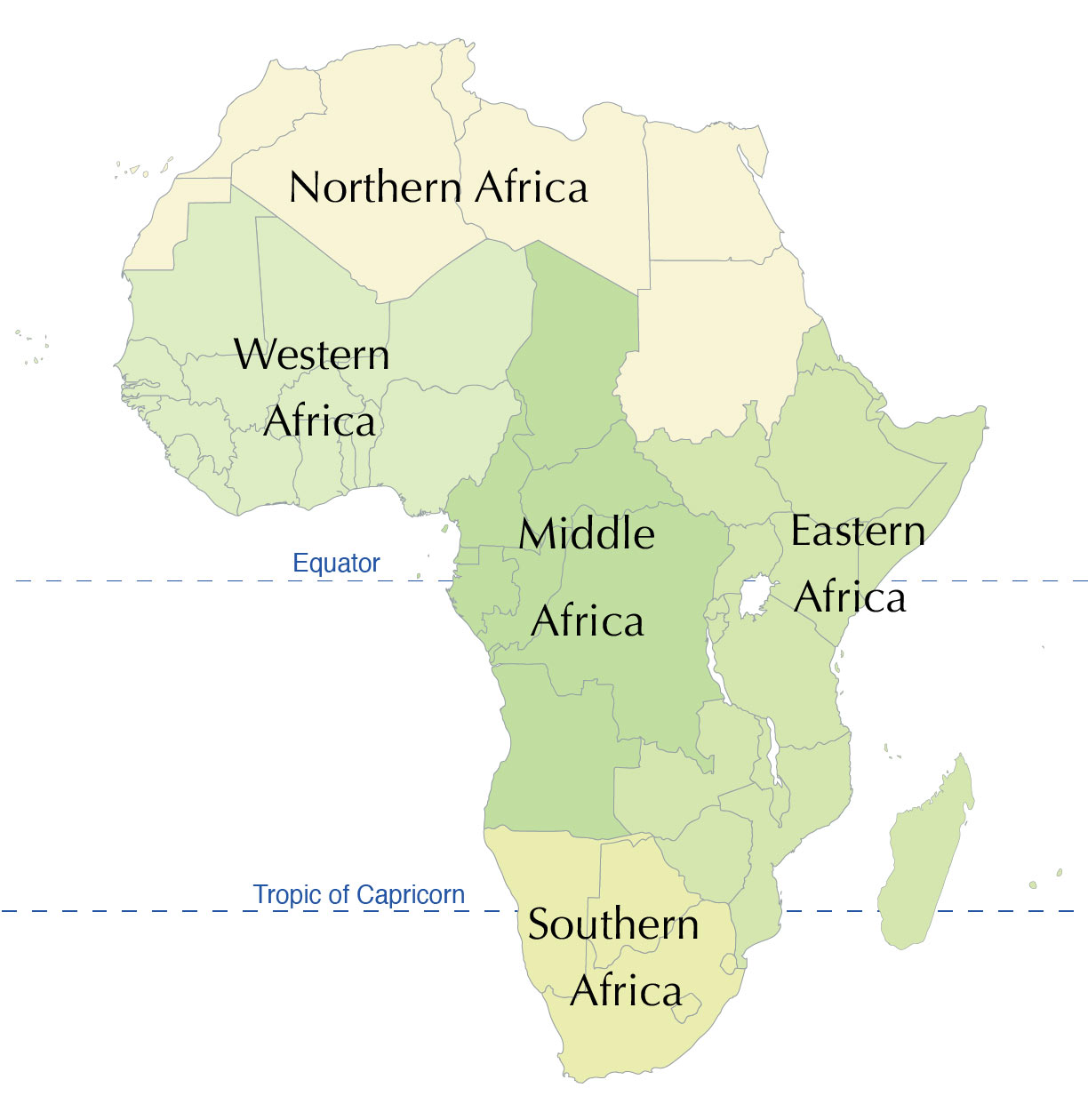Grandmother Poem Techniques

Poet is the narrator of the poem. poem implies a story about grandmother's funeral. Poem has powerful declarative element of narration. This feature also has in the poem '' Night of the Scorpion''. Indian poets are good for storytelling. The narration in this poem carries free verse style. No regular rhyme or rhythm. This poem is not like traditional poetry starting with capital letters. stanza by stanza it has broken sentences beginning with simple letters. It shows the characteristics of contemporary poetry have free verse. In this poem writer is not concern about regularity of rhythm and the pattern of rhyme. These are useful techniques for a poet to support the meaning of what he says. But he don't form the core of their message. Therefore these techniques are not absolutely necessary. From ignoring rhyme and rhythm poet can freely handle language. Mahapatra in his poem Grandmother tried to capture the natural rhythm of an Indian speaker, which of cours...








